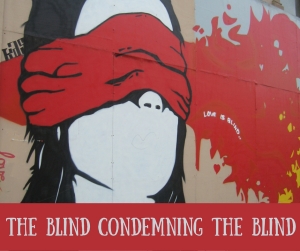This is one of the most thought provoking articles I have read in a while. It has that effect of putting into words, with citations, the things you were suspecting. The author is not a Christian, and I don’t even agree with the whole thing. Yet, it is still very important to read and reflect on this. This makes me want to read her book “The Case Against The Sexual Revolution.”
Here is a taste:
“There’s a very short and very brutal poem by the Scottish poet Hollie McNish, written in 2019 and titled “Conversation with an archaeologist”:
he said they’d found a brothel
on the dig he did last night
I asked him how they know
he sighed:
a pit of babies’ bones
a pit of newborn babies’ bones was how to spot a brothel
“It’s true, you know,” said the writer and lawyer Helen Dale when we had lunch in London last year and I mentioned this poem, which I chose as one of the epigraphs to my book The Case Against the Sexual Revolution.Helen was a classicist before she was a lawyer, and as a younger woman she had taken part in archaeological excavations of ancient Roman sites. “First you find the erotic statuary,” she went on, “and then you dig a bit more and you find the male infant skeletons.” Male, of course, because the males were of no use to the keepers of Roman brothels, whereas the female infants born to prostituted women were raised into prostitution themselves.”
The idea that all humans have value because of their humanity, regardless of their status or strength is rare in the history of the world, and it is distinctly Christian.








